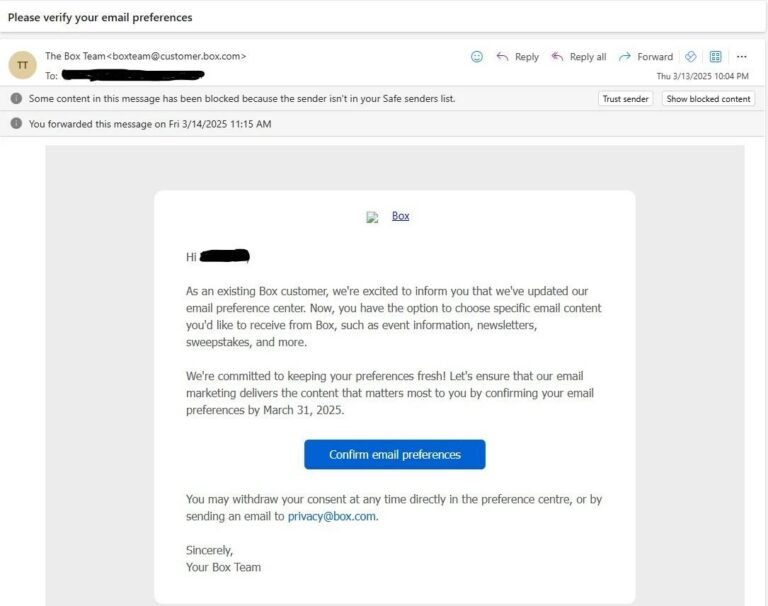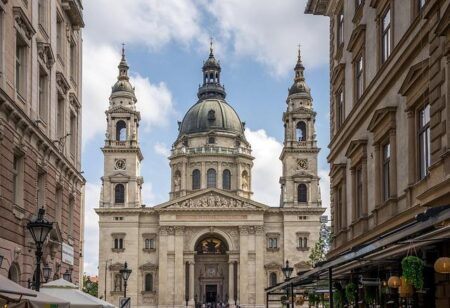2025 Business Travel Forecast: A Measured Recovery for Leading U.S. Cities
The U.S. Travel Association has published its newest forecast for business travel in 2025, revealing a restrained recovery across several prominent American metropolitan areas. Cities such as New York City,Los Angeles,Miami,Chicago,Las Vegas,and San Francisco are anticipated to see only gradual increases in corporate travel demand. This tempered growth reflects ongoing shifts in workplace dynamics, economic pressures, and the lasting influence of virtual collaboration tools on travel habits.
Despite earlier optimism about a swift rebound, the report underscores persistent challenges for the business travel sector, emphasizing the need for adaptive strategies to address changing corporate priorities and traveler expectations.
Business Travel Growth Projections for Key U.S. Cities in 2025
According to the latest analysis,the recovery in business travel will be uneven across major urban centers,shaped by local economic conditions and industry-specific factors. The forecast highlights:
- New York City and San Francisco are expected to experience the slowest growth, largely due to widespread adoption of remote meetings and elevated travel expenses.
- Miami and Las Vegas may demonstrate stronger resilience, benefiting from their dual appeal as business and leisure destinations, which encourages hybrid travel patterns.
- Chicago and Los Angeles are projected to stabilize with moderate growth, driven by sectors like finance, manufacturing, and entertainment.
| City | Estimated Growth Rate (%) | Primary Growth Drivers |
|---|---|---|
| New York City | 2.1 | Financial Services & Corporate Restructuring |
| Los Angeles | 3.4 | Media & Entertainment Events |
| Miami | 4.7 | Tech Conferences & Leisure-Integrated Travel |
| Chicago | 3.0 | Trade Exhibitions & Manufacturing |
| Las Vegas | 4.5 | Conventions & Tourism |
| San Francisco | 2.0 | Technology Sector Adjustments |
Underlying Causes of Sluggish Business Travel Growth in Major U.S. Cities
The restrained expansion in business travel across these metropolitan areas stems from several intertwined factors. Foremost among them is the tightening of corporate budgets amid economic uncertainty,prompting companies to scrutinize travel expenses more rigorously. The widespread embrace of hybrid work models and virtual meetings has diminished the necessity for frequent face-to-face interactions, fundamentally altering travel demand.
Additionally, geopolitical tensions and fluctuating fuel prices have introduced further caution into travel planning.Cities with higher operational costs, such as New York and San Francisco, face amplified challenges as businesses weigh the value of in-person engagements against their financial impact.
Event formats have also evolved, with hybrid and fully virtual conferences becoming commonplace, reducing the influx of business travelers traditionally drawn to these hubs. Infrastructure recovery post-pandemic varies by city, influencing accessibility and traveler confidence.
| City | Primary Challenges |
|---|---|
| New York City | Elevated lodging costs, sluggish transit system recovery |
| Los Angeles | Severe traffic congestion, reduced corporate travel budgets |
| Miami | Weather-related seasonality, fewer large-scale conventions |
| Chicago | Winter weather disruptions, rise of hybrid events |
| Las Vegas | Shift toward virtual conventions, fluctuating tourism demand |
| San Francisco | Uncertainty in tech industry, housing affordability affecting event attendance |
Economic Consequences and Industry Effects of Business Travel Trends
The projected slowdown in business travel growth poses significant economic implications for cities heavily dependent on corporate visitors.Hospitality sectors in New York, Los Angeles, and San Francisco, for example, may face reduced hotel occupancy rates, impacting revenue streams. Ancillary industries such as transportation, dining, and entertainment, which benefit from weekday business traffic, are also likely to feel the strain.
Experts emphasize that the shift toward virtual meetings and cost-conscious travel policies is reshaping demand patterns, necessitating innovative responses from stakeholders. To mitigate these impacts, industry players are encouraged to diversify their service offerings and embrace technology-driven solutions.
Recommended approaches include:
- Developing hybrid event platforms that seamlessly integrate in-person and virtual participation;
- Launching targeted marketing campaigns focused on regional business clusters;
- Implementing flexible booking policies to accommodate fluctuating travel plans;
- Investing in advanced health and safety technologies to reassure travelers;
- Forging partnerships with technology companies to enhance travel experiences.
| City | Forecasted Business Travel Growth | Most Affected Industry |
|---|---|---|
| New York City | +1.2% | Hospitality |
| Los Angeles | +0.8% | Transportation |
| Miami | +0.5% | Event Management |
| Chicago | +1.0% | Food & Beverage |
| Las Vegas | +0.7% | Entertainment |
| San Francisco | +0.9% | Technology Collaborations |
Actionable Strategies for Businesses and Travel Industry Professionals
To successfully navigate the anticipated slow growth in business travel, industry leaders and travel managers must embrace agility and customer-focused innovation. Emphasizing digital transformation through AI-powered booking platforms and personalized travel services can significantly enhance traveler satisfaction and operational efficiency.
Strengthening collaborations among airlines, hotels, and local enterprises will enable the creation of attractive bundled packages tailored to the evolving preferences of corporate travelers. Staying attuned to emerging trends such as hybrid events and flexible work arrangements will empower stakeholders to remain competitive in a rapidly changing environment.
Key recommendations include:
- Utilizing data analytics to pinpoint and engage high-value customer segments;
- Elevating health and safety protocols to restore traveler confidence in a post-pandemic world;
- Promoting enduring travel options in response to growing corporate environmental responsibility.
| Initiative | Expected Benefit | Priority |
|---|---|---|
| Implement contactless technology | Enhanced safety and convenience | High |
| Facilitate hybrid event solutions | Expanded market reach | Medium |
| Develop eco-amiable travel packages | Attract sustainability-conscious clients | High |
| Enhance loyalty program offerings | Boost customer retention | Medium |
Conclusion: Preparing for a Gradual Business Travel Recovery
The U.S.Travel Associationﻗs 2025 forecast paints a picture of cautious optimism, with business travel in major U.S. cities expected to grow slowly rather than surge. As New York City, Los Angeles, Miami, Chicago, Las Vegas, and San Francisco face these tempered prospects, travel and tourism stakeholders must innovate and adapt to shifting corporate behaviors and economic realities.
Ongoing evaluation of market trends, traveler preferences, and economic indicators will be vital for successfully navigating this evolving landscape. By embracing technology, sustainability, and flexible service models, the industry can position itself to capitalize on emerging opportunities and foster a resilient recovery.




